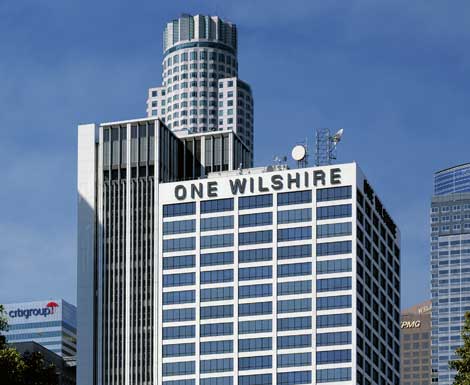In the increasingly complex digital landscape, businesses are continually seeking ways to optimize their IT infrastructure. Colocation has emerged as a cost-effective and efficient solution, particularly for businesses based in vibrant tech hubs like Los Angeles. At LinkSecured, we understand the critical role a comprehensive cost-benefit analysis plays in making these strategic IT decisions. Basics…
Category: Los Angeles

Case Study: Successful Migration to a Colocation Data Center in Los Angeles
In today’s digital age, businesses constantly seek ways to optimize their IT infrastructure for improved performance, scalability, and security. One effective solution that has gained significant traction is migrating from an on-premises data center to a colocation data center. This case study explores a real-world example of a successful migration to a colocation data center,…

The Importance of DDoS Protection for Los Angeles Colocation Services and Beyond
Strong DDoS protection has become more critical as businesses increasingly move their IT infrastructure to colocation facilities. DDoS (distributed denial of service) attacks can seriously impede the functioning of your company, resulting in monetary loss, harm to your reputation, and even legal liability. This blog post will discuss the importance of DDoS protection for Los…

Exploring the Evolution of Data Centers in Los Angeles
Data centers are an important part of modern computing, and their history is eerily similar to that of Los Angeles. Most people associate data centers with large warehouses filled with computers where vital information is stored and managed. While this is not entirely correct, Los Angeles has been a data center hub since the 1950s….

